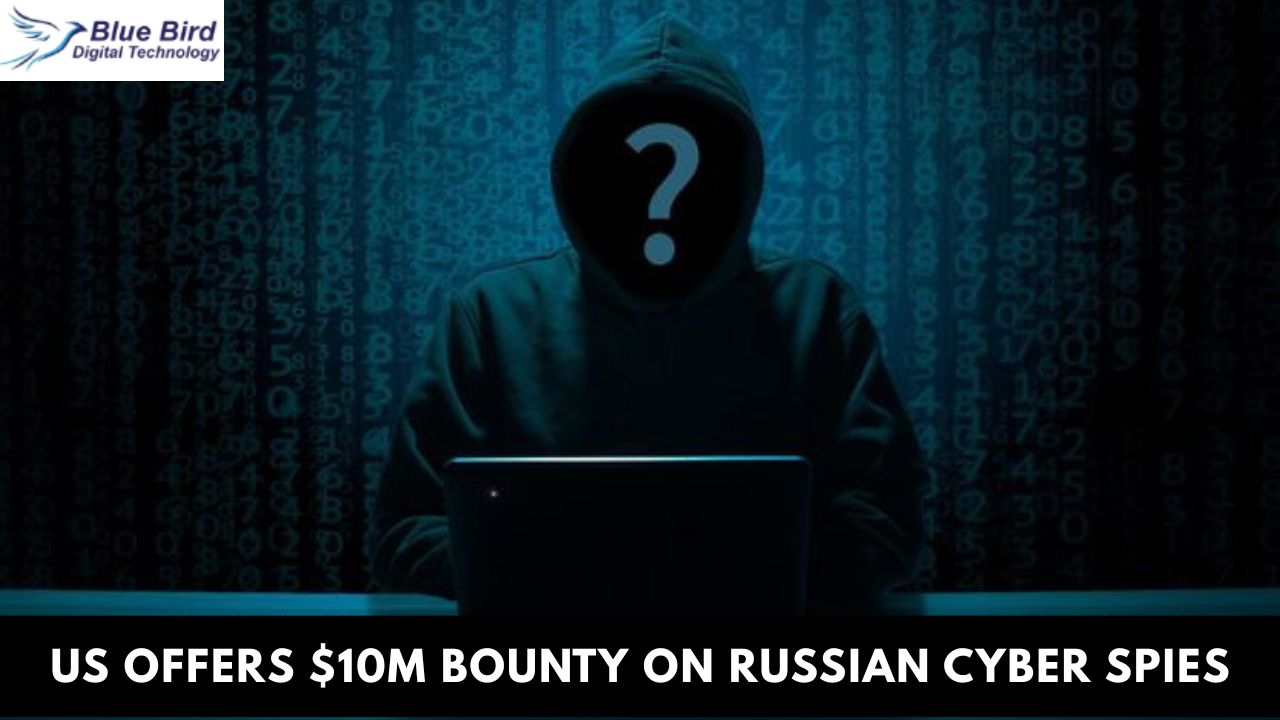The suspects – Marat Valerievich Tyukov. US Against Russian Cyber Spies Mikhail Mikhailovich Gavrilov and Pavel Alexandrovich Akulov – were working for the FSB’s Center 16. Part of a cyber unit known among cybersecurity experts by names such as Dragonfly, Berserk Bear Blue Kraken, Crouching Yeti and Niche Team.
US Against Russian Cyber Spies: main allegations
The United State has placed a hefty $10 million bounty on Russian cyber spies. Washington has announced a $10 million reward for information leading to the arrest of three Russian Federal Security Service (FSB) officers accused in one of the most serious cybercrime cases in history. US Against Russian Cyber Spies these officers are accuse of trying to launch a cyber attack on America’s critical infrastructure.
They are say to carry a decade-long campaign of intrusions into nuclear installations, oil and gas companies and critical infrastructure operators around the world.
US Against Russian Cyber Spies: A long history of Russian cyber intrusions
Experts say the three spies were indicte in 2021 for a hacking campaign that spanne nearly a decade. Between 2012 and 2017, they allegedly infiltrated powerful US government agencies such as the Nuclear Regulatory Commission and targeted the Burlington, Kansas-based Wolf Creek Nuclear Operating Corporation.
Globally, they attack more than 500 energy companies in 135 countries, planting malware, stealing credentials and mapping networks for future sabotage.
Spies attacked energy companies
“Information was receive about three Russian FSB officers conducting cyber activities against US critical infrastructure on behalf of the Russian government. These officers also attack over 500 foreign energy companies in 135 other countries. “The State Department said in a tweet on Tuesday.
According to the Federal Bureau of Investigation, the suspects’ activities also began last year when hackers were seen exploiting a seven-year-old vulnerability, CVE-2018-0171—a critical flaw in the Smart Install feature of Cisco IOS and IOS XE software—allowing them to break into US infrastructure.
Backup Panel Backdoor
Although the bug was fixe by Cisco in 2018. Despite the company’s warning to administrators to upgrade equipment. These devices are still everywhere today. Many organizations are still using older hardware, so attackers had a ready-made backdoor in the backup pane.
Spies used it to hijack networking equipment at telecom companies, universities, manufacturers. And even state and local governments in North America, Europe, Asia, and Africa.
The Politics Behind The Bounty
Critics question the move. The three suspects have been on Washington’s radar for years. And are unlikely to leave Russia because they enjoy extradition protection in Russia. That’s why many analysts see the $10 million bounty as more symbolic than practical. It’s more about sending a message than making an arrest. A public reminder that Washington is settling scores with Moscow in the ongoing cyber tug-of-war.
Symbolic or not, the message is clear: If you target critical U.S. systems. The U.S. will put a bounty on you—even if you’re a spy.


This is the very big crime because US govt offered $10M dollars who’s big amount.
Your point of view caught my eye and was very interesting. Thanks. I have a question for you.
yes Please ask your question
Your article helped me a lot, is there any more related content? Thanks!
thank you